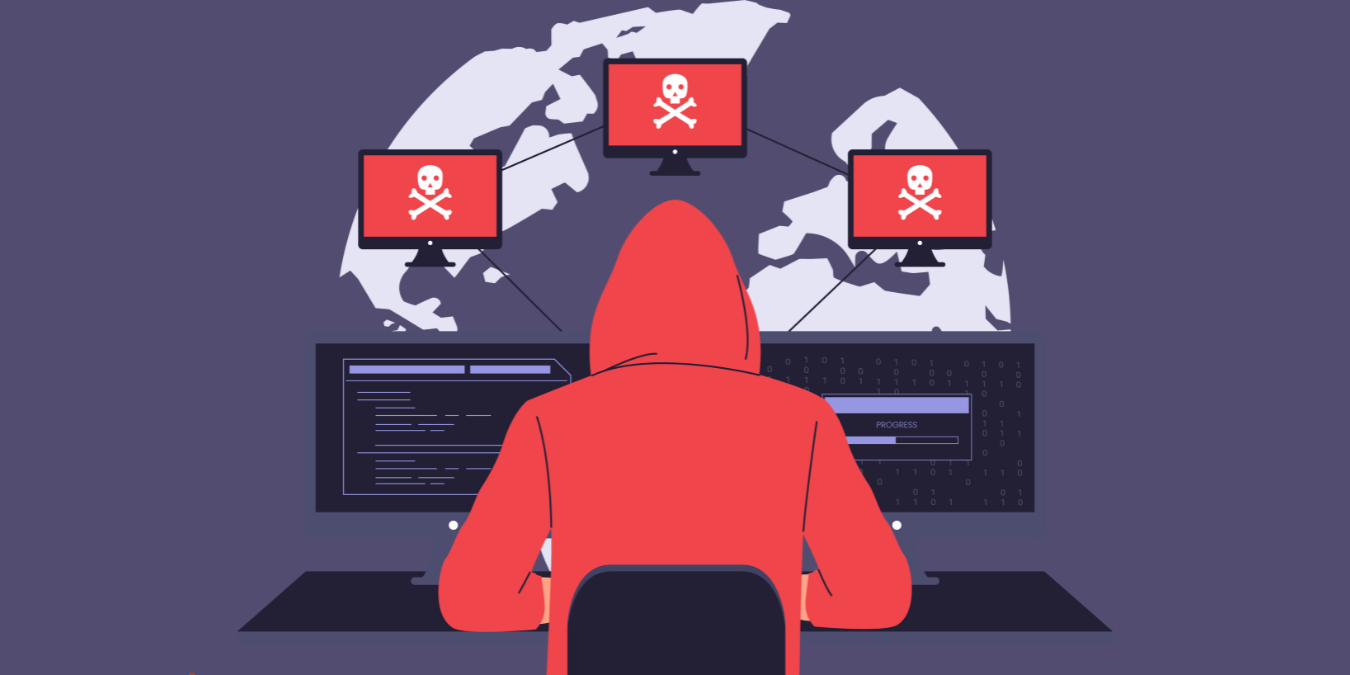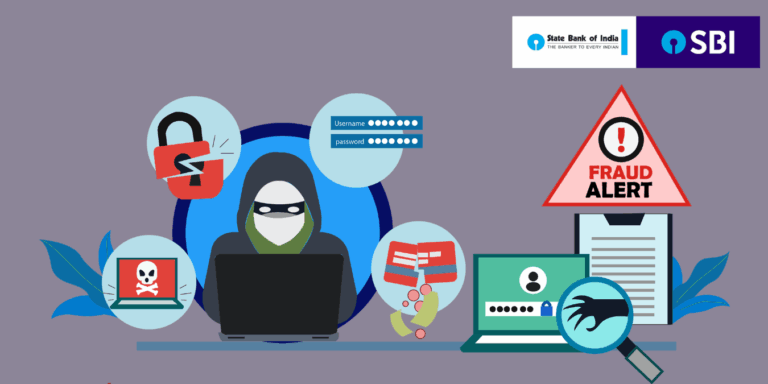
How Cyber Cells in India Can Freeze Your Bank Account in 2025— But Courts Are Fighting Back
Shocking new powers of India’s Cyber Cells—how they can freeze your bank account overnight without warning. Discover the untold legal secrets and court rulings that could turn your world upside down. Are your funds safe from this unseen digital threat? The truth will surprise you—what the authorities don’t want you to know.
In a groundbreaking move, India’s cybercrime authorities now wield the power to temporarily freeze bank accounts under the IT Act during investigations into suspicious transactions. While this legal authority aims to trace and recover stolen funds for victims, it has sparked a fierce debate—highlighting alarming cases of indiscriminate freezing that threaten innocent citizens’ financial freedom.
Did you know? Your bank account can be frozen on suspicion alone, often after a complaint on the national cybercrime portal. But a recent Rajasthan High Court order has challenged this unchecked power—raising critical questions about privacy, justice, and the future of digital banking in India.
Let’s uncover the shocking truth behind this unseen banking trend—what it is, how it works, and how you can protect yourself in this new digital frontier.
The Legal Authority: How Cyber Cells Are Freezing Bank Accounts Fast and Lawfully
The Power Behind the Curtain
India’s Cyber Cell, part of centralized and state police agencies, possesses the legal authority to freeze bank accounts under the IT Act, 2000, and supported by specific provisions from the Criminal Procedure Code (CrPC), 1973.
Key Legal Provisions
- Section 102 of CrPC: Offers police the power to seize or freeze property, including bank accounts, suspected to be involved in cybercrime or financial fraud.
- Section 91 of CrPC: Enables authorities to obtain account details swiftly for investigation.
- IT Act & PMLA: Legally empower authorities to act against online fraud, money laundering, and cyber-enabled financial crimes, with account freezing as a swift tool.
How the Process Works
- Complaint Submission: Victims or authorities file grievances on platforms like the National Cybercrime Reporting Portal (NCRP).
- Investigation: Cyber Crime units analyze transactions, often linking suspicious funds to cyber frauds, hacking, or illicit transfers.
- Account Freezing: Based on initial suspicion, authorities issue instructions, often with court approval or formal orders, leading banks to restrict account operations temporarily.
Analyze recent Supreme Court rulings on Cyber Cell account freezes in India
Recent Supreme Court and High Court rulings in India have clearly underscored that while Cyber Cells and investigating agencies do have the legal power to freeze bank accounts under the IT Act and Criminal Procedure Code during cybercrime investigations, this power is not unlimited and must be exercised with careful judicial oversight and adherence to constitutional rights.
Key Supreme Court and High Court Observations on Cyber Cell Bank Account Freezes in 2025:
- The Delhi High Court (2025) criticized the indiscriminate freezing of bank accounts based on minuscule or questionable transactions related to cybercrime. It emphasized the need for law enforcement to exercise discretion by freezing only the specific disputed amounts (marking a lien), rather than entire bank accounts, to avoid disproportionate hardship on innocent account holders. It referenced earlier Supreme Court precedent that freezing entire accounts without proof of the holder’s involvement violated fundamental rights, including livelihood under Article 21.
- The Rajasthan High Court ruled that bank accounts cannot be frozen arbitrarily without proper evidence linking the account holders to cybercrime. In one case, it ordered the unfreezing of a small vendor’s account that was frozen due to suspicion of involvement but was cleared of any wrongdoing. This ruling affirms that account freezes must be evidence-based and proportionate.
- Landmark rulings by courts including the Madras High Court have reinforced that freezing an account affecting trade and business must be backed by solid grounds, respecting constitutional rights such as Article 19(1)(g) (right to trade).
- The Supreme Court highlighted that freezing a company or individual’s account merely because it features in an investigation against third parties or due to criminal complaints without direct involvement is unjustified.
- Courts have urged the Ministry of Home Affairs to issue uniform standard operating procedures (SOPs) and policies to regulate how investigating agencies issue freezing orders, aiming at preventing arbitrary or blanket freezes.
- Legal remedies for affected account holders include filing writ petitions, applications before magistrate courts, or civil suits if freezing is wrongful. Immediate representation to the Cyber Cell and seeking no-objection certificates (NOCs) to unfreeze accounts are recommended practical steps.
Summary of Legal Principles from Recent Judgments:
| Aspect | Court Ruling Highlights |
| Authority to freeze | Legal, but must be justified with evidence and judicial oversight |
| Freezing scope | Prefer lien on disputed amount vs. freezing full accounts |
| Evidence required | Must link account holder directly to cybercrime or fraud |
| Fundamental rights respected | Right to livelihood (Art 21), trade (Art 19) must be protected |
| SOPs & policies | Courts urge creation of uniform SOPs for freezing accounts |
| Remedies | Court petitions, representations to authorities, civil claims |
| Examples | Rajasthan HC defreezing vendor's account, Delhi HC on small sums |
These rulings collectively reflect a shift towards balancing swift cybercrime investigation needs with protecting innocent citizens and businesses from undue financial hardship caused by indiscriminate freezing of bank accounts.
Legal Remedies if Cyber Cell Refuses to Unfreeze Accounts
If the Cyber Cell refuses to unfreeze your bank account in India, several legal remedies are available under the law to challenge this and regain access to your funds. Here are the main options with practical steps:
1. File a Written Representation to the Cyber Cell
- Submit a formal written request or application to the Station House Officer (SHO) of the Cyber Cell or investigating officer.
- Include documents proving the lawful origin of your funds, identity proof, and detailed transaction histories.
- Request a No Objection Certificate (NOC) to lift the freeze.
- If police accept your explanation, they may issue the NOC, which the bank can use to unfreeze your account.
2. Approach the Magistrate Court Under Sections 451 or 457 CrPC
- When the Cyber Cell delays or refuses action, file an application before the District or Metropolitan Magistrate under Sections 451 (Return of property pending investigation) or 457 (Disposal of property seized by police) of the Code of Criminal Procedure, 1973.
- The court examines whether continued freezing is justified and may order the Cyber Cell and the bank to unfreeze the account if the investigation no longer requires the freeze.
3. File a Writ Petition in High Court Under Article 226 of the Constitution
- If the freeze is arbitrary, causing significant hardship or violates your fundamental right to livelihood (Article 21) or right to trade/business (Article 19(1)(g)), file a writ petition in the High Court.
- Common writs used include Mandamus (to compel action) and Certiorari (to quash illegal orders).
- High Courts have powers to order immediate unfreezing if abuse of authority or lack of evidence is established.
4. Legal Notice to Bank & Cyber Cell
- Your lawyer can draft and send a formal legal notice demanding reasons for the freeze and immediate unfreezing if no valid grounds exist.
- This often speeds up responses and avoids court intervention if taken seriously.
5. Engage Cyber Law Experts or Advocates
- Cyber law specialists with experience in unfreezing frozen accounts can navigate complex procedural hurdles and liaise directly with authorities and courts for faster resolution.
Typical Timeline & Process
- Legally unfreezing bank accounts can take around 60–65 days or more, accounting for investigations, responses, and court procedures.
- Prepare to submit comprehensive documents: freeze order copy, FIR or complaint ID, bank statements, identity proofs (PAN, Aadhaar), affidavits, and proof of legitimate transactions.
Summary Table of Legal Remedies If Cyber Cell Refuses Unfreeze:
| Remedy | Description | Key Legal Reference | Expected Outcome |
| Written Representation | Apply to Cyber Cell for NOC with proof documents | Internal police procedures | Possible issuance of unfreeze NOC |
| Magistrate Application (CrPC) | File under Sections 451/457 CrPC before Magistrate | Code of Criminal Procedure | Court order to unfreeze freeze |
| High Court Writ Petition | File writ under Article 226 for constitutional rights | Constitution of India | Court-directed unfreezing |
| Legal Notice to Bank & Police | Formal demand for reasons and unfreezing | Civil legal procedures | May expedite action or court filing |
| Legal Expert Engagement | Advocates facilitate the process | Legal representation | Faster resolution, legal backup |
This layered approach blends informal and formal legal channels to ensure your rights are protected and accounts are unfrozen when no wrongdoing is proven. Timely action and expert legal representation are critical.
The Future of Banking in India: Will the Power of Freezing Continue Unchecked?
Latest RBI Guidelines and Reforms
- The RBI, in line with government directives, has issued detailed guidelines on account freezing procedures, emphasizing transparency and due process.
- The new rules, effective Nov 2025, demand banks follow strict protocols—including customer notices and court orders before freezing accounts.
What Citizens Need to Know
- Accounts can be frozen quickly—but must be unfrozen promptly if investigation finds no involvement in cybercrime.
- Legal remedies include writ petitions for immediate unfreezing, with courts increasingly scrutinizing extreme measures.
How You Can Protect Your Bank Account from Unjust Freezing
- Maintain impeccable KYC compliance.
- Be vigilant about suspicious transactions and report promptly.
- Stay informed of your bank’s policies and legal rights.
- In case of freezing, consult a legal expert immediately to challenge the action through court.
Key Takeaways for Indian Users
- Cyber Cells in India can legally freeze bank accounts during cybercrime investigations under the IT Act and CrPC.
- Freezing often follows complaints on the national cybercrime portal but requires due process and evidence.
- Court rulings now emphasize protecting citizens from arbitrary freezes—but ** vigilance is key**.
- Prompt legal action can unfreeze accounts if findings clear innocent involvement.
- Stay updated with RBI’s latest guidelines for maximum safety.
Final Thought: The Next Game-Changer in India’s Digital Banking
As the Indian government increasingly embraces AI-driven fraud detection and automated account monitoring, the line between security and privacy may blur further. The upcoming RBI regulations and cybersecurity innovations promise faster detection, but user rights must remain protected. The future of Indian banking is not just digital—it's smarter, safer, and more transparent—if citizens and regulators work hand in hand. Watch out for the next big move: a seamless, secure banking ecosystem powered by next-gen AI and cutting-edge legal safeguards.

































